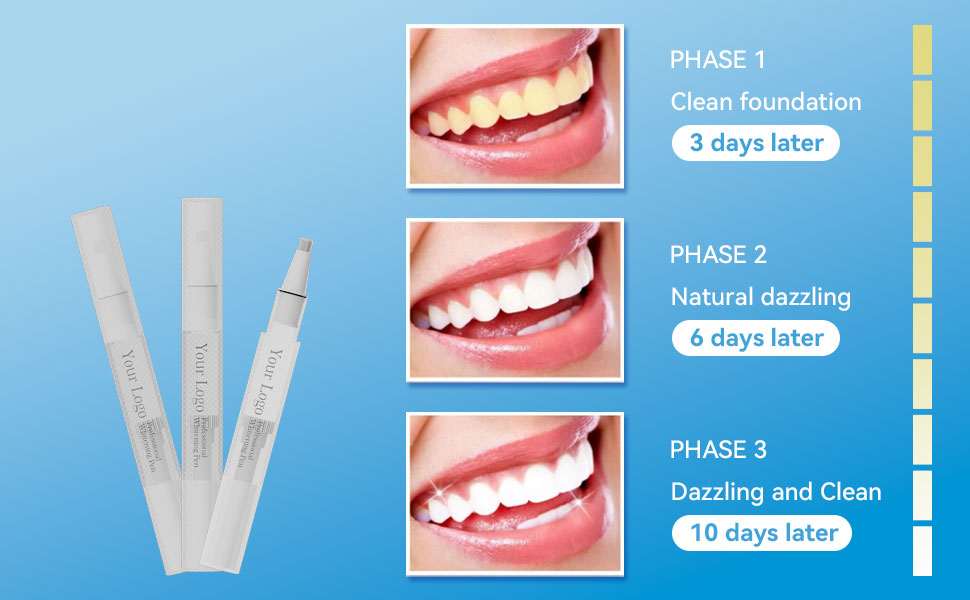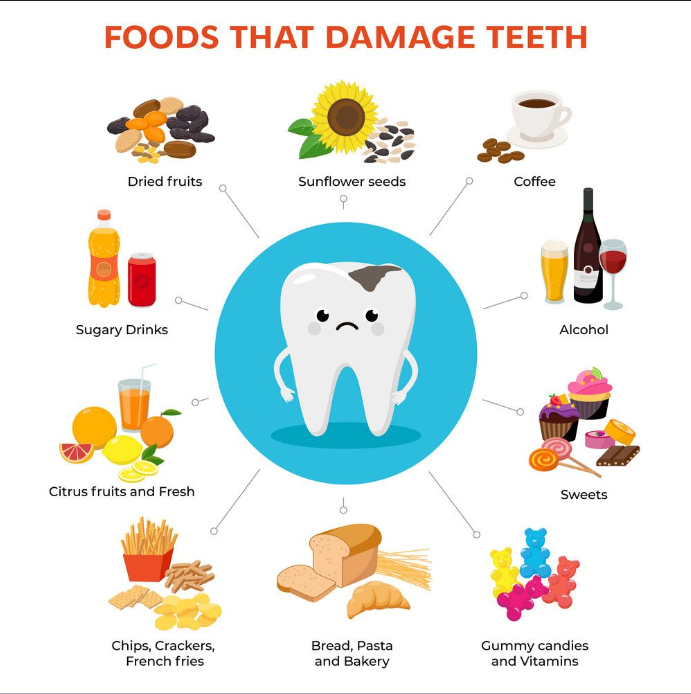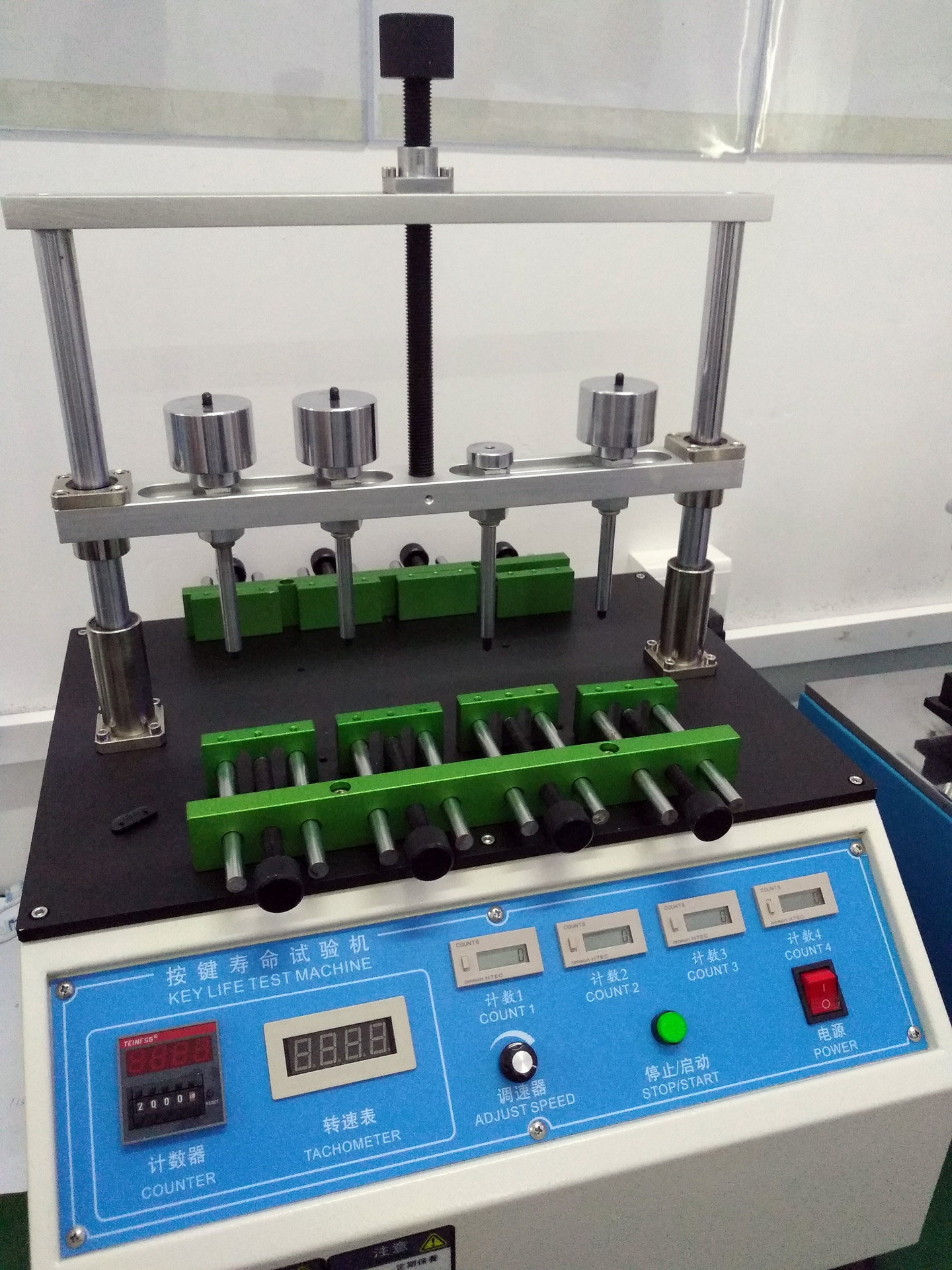Water flossers have become a popular tool for maintaining oral hygiene. Their ability to effectively remove plaque and food particles makes them a favorite among users. However, not everyone is an ideal candidate for this device. Understanding the water flosser usage precautions is essential to ensure safety and optimal results. This blog will discuss who might not be suitable for using water flossers and the reasons behind it.
Individuals with advanced gum diseases, such as periodontitis, should consult their dentist before using water flossers. While these devices can help with mild gum issues, high-pressure water streams may exacerbate inflammation or bleeding in severe cases. Following the advice of a dental professional is a critical water flosser usage precaution.
If you have recently undergone oral surgery or have open wounds in your mouth, using a water flosser could delay healing or cause discomfort. The water pressure might interfere with stitches or irritate the wound. In such cases, it’s better to wait until your mouth has fully healed before resuming the use of water flossers.
People with highly sensitive teeth or gums may find water flossers uncomfortable, even at the lowest settings. The pressure from the water jet can sometimes cause sensitivity to worsen. For these individuals, manual flossing or other gentle cleaning methods might be a better choice, keeping water flosser usage precautions in mind.
Water flossers are not typically recommended for young children unless used under adult supervision. Children may not know how to control the device properly, leading to potential gum damage. Parents must ensure that kids are using the water flosser safely and at appropriate pressure levels.
Certain medical conditions, such as uncontrolled diabetes or cardiovascular issues, may require caution when using water flossers. These conditions often come with oral health complications, and improper use of a water flosser might worsen these issues. It’s always wise to consult a healthcare provider when incorporating new oral care devices into your routine.
While water flossers are a highly effective tool for maintaining oral hygiene, they are not suitable for everyone. By understanding the water flosser usage precautions and considering individual health conditions, users can make informed decisions about their oral care. Always consult a dental professional to ensure that a water flosser is the right choice for your specific needs. https://www.powsmart.com/contact-us/

Some Common Problems of Teeth Whitening and Solutions

The Stronger the Power for an Electric Toothbrush, the Better?

The Healthy Oral Care Routine Suggested by Oral Care Products Factory
.jpg)
Electric Toothbrush OEM Quality Inspection: B2B Supply Chain Reliability

The Environmental Impact of Electric Toothbrush Production

A Healthier Lifestyle for Protecting Your Teeth

Travel-Proof Your Brand: OEM Electric Toothbrushes Designed for US Luggage Compliance
.jpg)
Austin Electric Toothbrush Supplier

Application of Water Transfer Printing and Thermal Transfer Printing on Electric Toothbrush Shell: 3D Texture and Wear Resistance Test

Analysis of Differences in Preferences for Teeth Whitening Devices in the European and American Markets vs. Asian Markets

Market Trends and Competitiveness of Electric Toothbrushes

Solutions to Common Problems with Teeth Whitening Devices: How Can Manufacturers Reduce Product Return Rates?
.jpg)
Jaw Fatigue After Taste Alteration – Coincidence?

Custom Your Electric Toothbrush or Water Flosser Brand Now!
.jpg)
How Do Dock Failure and Battery Swelling Threaten Safety?
1-scaled.jpg)
Looking for Teeth Whitening Gel OEM Services for Your Cosmetic Dentistry Products?